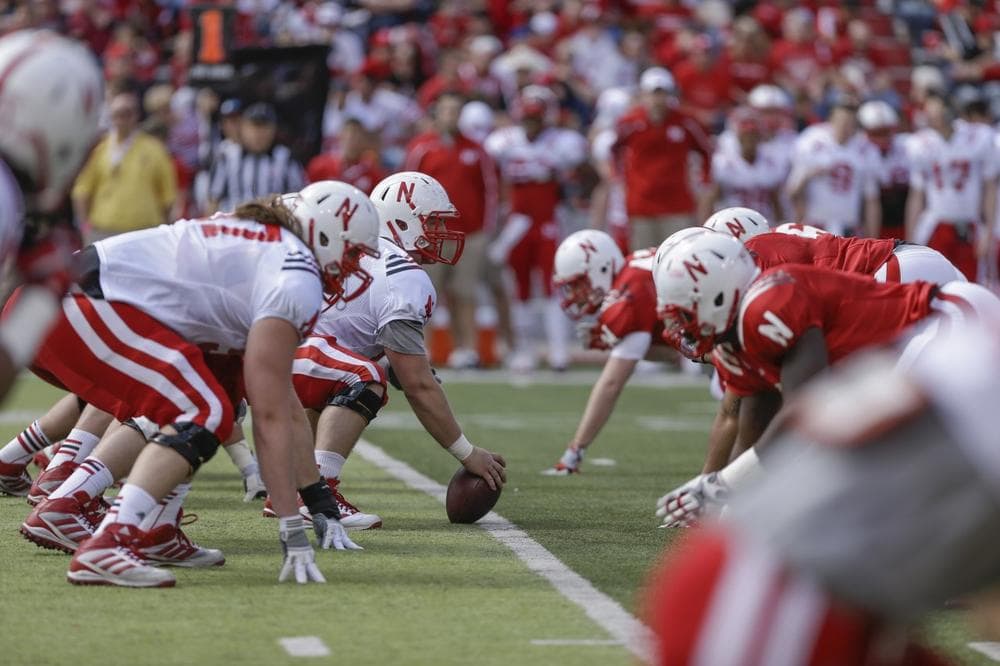Advertisement
Commentary
New Project Attempts To Tackle Concussions
Resume
This week brought encouraging news about the diagnosis of head injuries among football players, at least at one of the places where those injuries are likely to occur.
The expansion of Memorial Stadium, home to University of Nebraska football, will create not only 6,000 additional seats and 38 luxury suites, but also the university's Center for Brain Biology and Behavior. One of the center's projects has been the development of a mesh cap covered with electrodes designed to measure the brain function of someone who's been hit in the head. The idea is that within a few minutes of the hit, technicians on the sideline will be able to determine via magnetic resonance imaging whether the player has suffered a concussion, and, if so, how serious that concussion is.
As a diagnostic tool, it's a long way from "How many fingers am I holding up?"
How effective the new technology will be remains to be seen, and there are other questions. How hard will a player have to be hit in order for somebody on the sideline to suggest that he ought to be tested? Will those running the machinery be wearing lab coats or Nebraska jerseys? How seriously will a coach determined to get his best player back on to the field take the recommendations of a technician reading an MRI?
But in the context of story after story about brain injuries related to contact sports and lives diminished or ended as a result of multiple concussions, a major football power appears to be demonstrating a commitment to avoiding the circumstance that has been responsible for a lot of the damage: putting players at risk for an additional concussion before their brains have had a chance to recover from earlier hits.
The diagnostic tool the University of Nebraska plans to introduce to Memorial Stadium via the Center for Brian, Biology and Behavior sounds as if it will make this inherently dangerous game less dangerous with regard to the immediate and the long-term health of the players. I hope this week's announcement will provoke college and pro teams across the country to get in touch with the brain scientists in Nebraska to ask, "Hey, where can we get one of those things?"
This segment aired on July 6, 2013.
